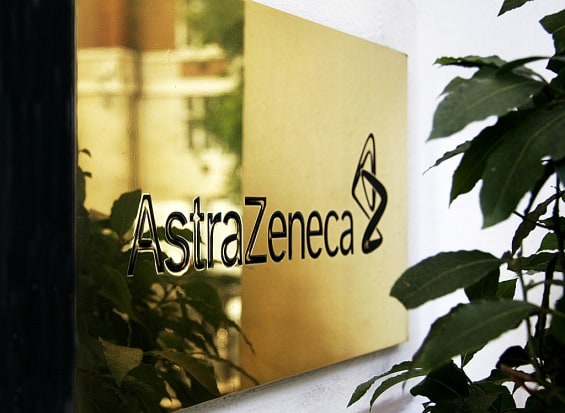
AstraZeneca shores up defences against Pfizer
pharmafile | August 22, 2014 | News story | Medical Communications, Sales and Marketing | AstraZeneca, Pfizer, Read, Soriot, deal, merger
AstraZeneca has been making a series of big deals over the past three months as it looks to close the door once and for all on any Pfizer merger.
AZ rebuffed Pfizer’s $118 billion offer for the firm in May for being too low, and its chief executive Pascal Soriot was clear that it intended to continue as an independent company.
AZ shareholders could have opened up talks with Pfizer this month to potentially accept a new bid, but have seemingly chosen not to go down this route.
Since May, Soriot has put his money where his mouth is in a series of deals worth several billion dollars to help shore up AZs defences against Pfizer, whilst also keeping shareholders on side.
This includes a $1.22 billion deal to take control of Alimirall’s respiratory drug portfolio that includes treatments for bronchitis and emphysema.
It also announced in July that construction is set to begin early next year on its new Cambridge, UK facility, which will ensure “scientific innovation is the primary focus for all staff, both in R&D and other functions”, according to the firm.
AstraZeneca, which is the UK’s second-biggest drugmaker after GSK, also says it now has 15 drugs in late-stage trials or under regulatory review, almost double the number from a year ago, and 100 across all stages of clinical development.
Despite talk of them looking elsewhere, executives at Pfizer still prefer to strike a deal with AstraZeneca, and the US company isn’t likely to make a move on an alternative target anytime soon, people familiar with the matter have told Bloomberg.
“AstraZeneca will ask for much more, and they have proven they are building a very solid pipeline,” says Odile Rundquist of Helvea in Geneva. She adds that AstraZeneca’s confidence in its pipeline of experimental drugs may embolden the board to seek an even higher price.
Things have also become more difficult for Pfizer as the US government looks to crack down on so-called ‘tax inversions’, whereby American firms buy British-based companies for their lower tax rates.
An overseas tax domicile would give Pfizer a way to bring more of its $30 billion in offshore cash and investments back to the US without being taxed, but new rules could put this under jeopardy.
Pfizer can still make another bid for the Anglo-Swedish drugmaker, but will have to wait until 26 November to do so under British merger laws.
Ben Adams
Related Content

NICE recommends Benralizumab for Rare Form of Vasculitis
The National Institute for Health and Care Excellence (NICE) has recommended AstraZeneca’s benralizumab (Fasenra) as …

NICE approves AstraZeneca’s dual immunotherapy for advanced liver cancer
AstraZeneca has received a positive recommendation from the National Institute for Health and Care Excellence …

Purpose and people: the enduring power of brand and the evolution of employer identity
Two decades ago, terms like purpose and people were rarely at the forefront of branding …






